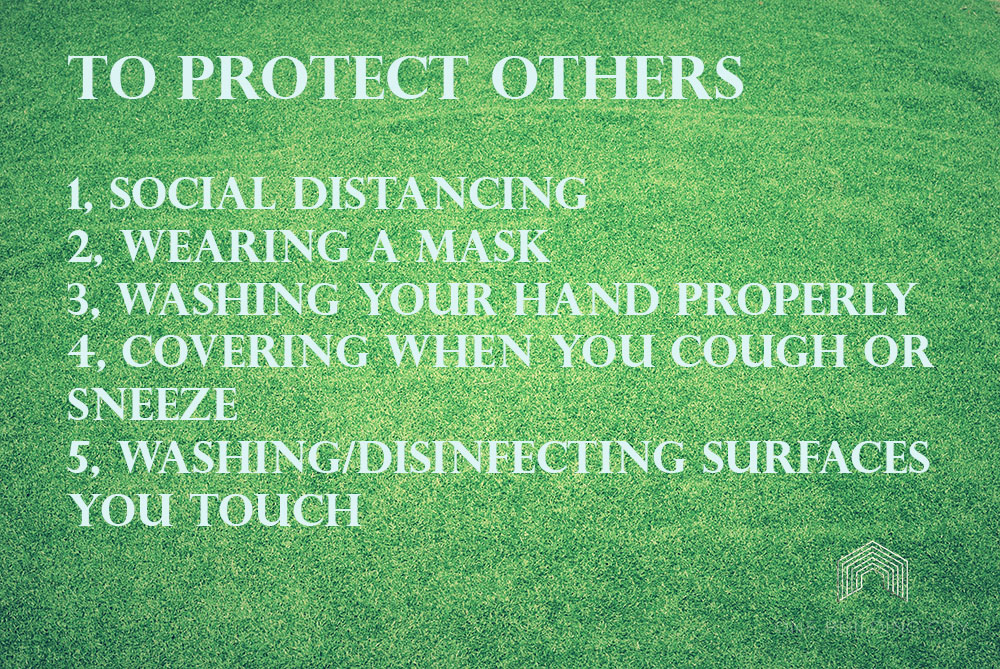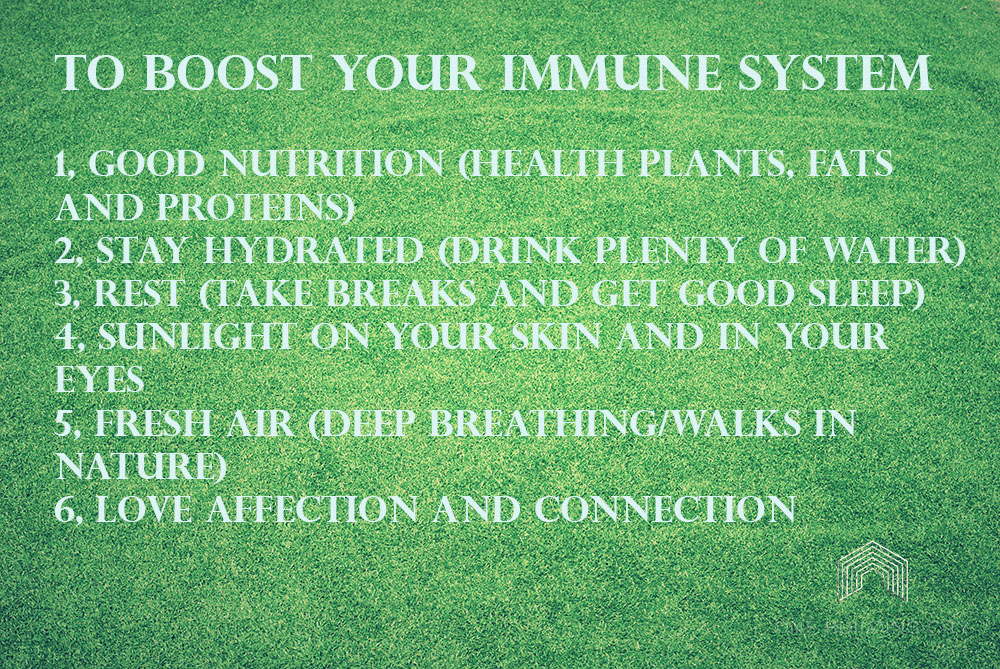Hi, we are One Building City team. We are here for you and we want to share with you many things that you haven’t been told by most of the experts and non experts all over the world. Beside all of the advice you got, they were leaving out one of the things that we think is the single most important thing you should be giving thought to and that is your last line of defense.
Before we get to that let’s talk about the advice for getting it’s absolutely clear that the CDC (Centers for Disease Control and Prevention) know what they’re talking about and they’ve are a really good advice to protect yourself. It is a good idea to practice social distancing particularly relative to people who might be symptomatic or sick. It’s also a good idea to wash your hands and avoid touching your face if you are symptomatic then it’s incredibly important that you protect the people around you by socially distancing yourself from them potentially wearing a mask. If you need to be around them making sure that you too are washing your hands on a regular basis covering your mouth and nose whenever you need to cough and sneeze and washing down and disinfecting any surfaces that you touch that other people might come in contact you later.

These are very important steps that you absolutely should be taking and what they’re not telling you is that your immune system is the last line of defense and that’s where you should be putting a ton of your effort the other day.
On top of the CDC recommendations that it’s time for you to really work on supporting your immune system during this time. This is not the time for a fine sugar and corn syrup and all those garbage sweeteners that we eat. This is not the time for preservatives and additives and unpronounceable ingredients that you can’t even begin to say yourself if you’re reading them. It doesn’t mean you can never eat those things again. Those things can be fun but this is not the time for it. This is not the time for things that are gonna stress your immune system. This is the time for giving your body the things that it really needs.

So what does your body need? It needs really good nutrition. What does that mean. It means it needs a variety of fruits and fresh vegetables. It needs good healthy fats and proteins. It also needs really good hydration and it needs rest. It needs sunlight and it needs fresh air and it needs love and support those things absolutely help you to build your immune system. Anything that is going to hurt your immune system for example junk food unbelievably bad quality fats horrible refined sugar disgusting preservatives and additives. Those things are hard on your system. We might indulge in those things when times are good when we do it occasionally but right now your immune system needs a break, and so the most responsible thing you could be doing for your own health and for the Public Safety is to follow the CDC directives and support your own immune system. Get really good nutrition, eat really good stuff right now that you know you need to be eating. Make sure that you stay incredibly well hydrated. Make sure that you rest. Make sure that you get good fresh air and you get sunlight. Look, your body sends almost every blood cell that you have up to the skin layer on a regular basis to make sure that it gets some sunlight and also make sure you’re practicing some kind of routine to keep your stress levels down meditation or walks in nature and so forth. We really want you to know this from now onward every time you see a news bulletin that tells you to practice social distancing ourselves true but what they’re leaving out is that even more important than that or at least as important to that is that you take care of your immune system by making sure you’re well nourished well hydrated that you get good sunlight that you get good rest that you’re reducing your stress as best possible. Please take care of yourself during this difficult time.


One last thing when the public gets concerned like this it causes panic. We didn’t even want to write that might make people more afraid but we wanted to write that might inspire people to take care of their last line of defense so what We want to suggest you now is that this is a really good time for focusing on the fact that this too shall pass. We want you to take a look at what’s absolutely great about your life. We want you to take a look at the fact that there are great people around you. It’s really important during this time that you control your focus and do the very best you can to keep your stress levels down. We wish you the very best of luck during this time. For now we really just want you to take absolutely good care of yourself and take good care of your family. Thank you!